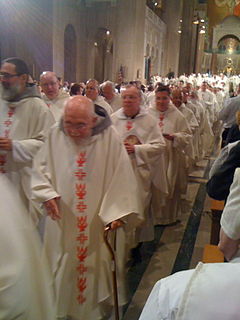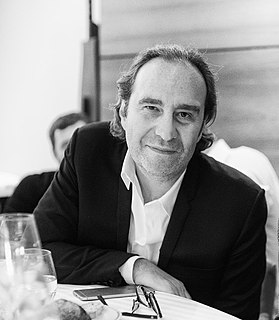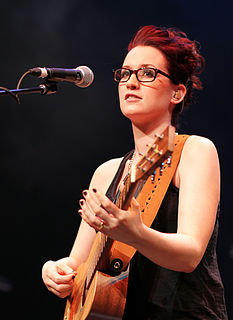A Quote by Bitsie Tulloch
I think Latin American cultures are really rich and fascinating. I like the pomp and circumstance of some of their rituals and ceremonies.
Related Quotes
I began to analyze the movie [The Day the Earth Stood Still] and said it was really made out of these two characters [Nikola Tesla and Leon Teremin] who were brought together. That made it fascinating to me. And especially the language they made up, that Klaatu speaks. Because it has a Latin word order. It's like medieval Latin, but it had some Navajo phonemes in it and that kind of stuff.
We are developing in the United States a huge underclass of unwanted people, many of them the descendants of the exploitation of the South American and Latin American countries by American piratical capitalism. Not all capitalism is piratical, but some of it certainly is. And we have a fantastic gap beginning to exist between rich and poor.
What I find on the Internet is fascinating because whole subcultures are developing. And they really are cultures. They have their art forms, their music, and their language. They have their spirituality, they have new names. It's almost like watching colonies of little organisms develop under a petri dish. You can really see these cultures swarming and growing and developing and spawning on the Internet.




































